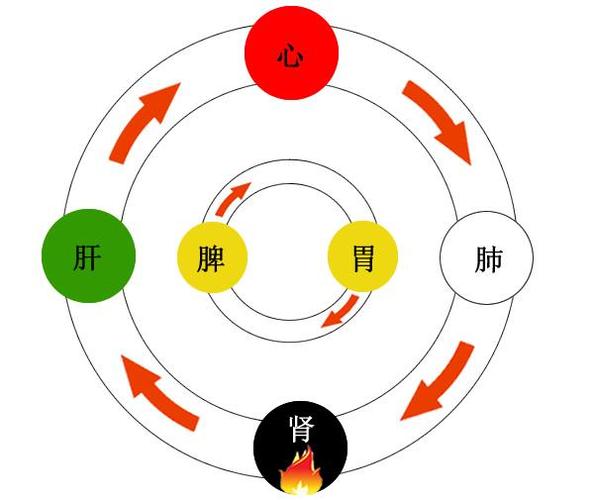Emotion Management
Our emotions are the driving force behind our thoughts, behaviors, and overall well-being. When we are able to effectively manage our emotions, we unlock a world of possibilities for personal growth, improved relationships, and a heightened sense of fulfillment. Emotion management is not about suppressing or ignoring our feelings, but rather about developing the skills to understand, process, and regulate them in a healthy and constructive manner.
At the core of emotion management lies self-awareness. By taking the time to observe and reflect on our emotional experiences, we can gain valuable insights into the underlying triggers and patterns that shape our responses. This understanding allows us to make more informed choices about how we react to various situations, ultimately empowering us to respond in ways that align with our values and long-term well-being.
One of the key aspects of emotion management is the ability to regulate our emotions. This doesn't mean that we should strive to eliminate all negative emotions, as they serve an important purpose in our lives. Instead, it's about developing the skills to manage intense or overwhelming emotions, such as anger, anxiety, or sadness, in a way that prevents them from spiraling out of control or causing harm to ourselves or others.
Mindfulness practices, such as meditation and deep breathing exercises, can be incredibly helpful in cultivating emotional regulation. By learning to be present in the moment and observe our thoughts and feelings without judgment, we can develop the capacity to respond to challenging situations with greater clarity and composure.

Stress Management
Closely linked to emotion management is the ability to effectively manage stress. Chronic stress can have a profound impact on our physical and mental health, leading to a host of issues such as weakened immune function, cardiovascular problems, and burnout. Developing strategies to identify and address the sources of stress in our lives is crucial for maintaining overall well-being.
One effective approach to stress management is the implementation of lifestyle changes that promote relaxation and rejuvenation. This may include regular exercise, a balanced and nutritious diet, adequate sleep, and engaging in activities that bring us joy and a sense of purpose. By prioritizing self-care, we can build resilience and better equipped to navigate the inevitable challenges that arise in our lives.
In addition to lifestyle modifications, various mind-body practices can also be instrumental in managing stress. Techniques like yoga, tai chi, and guided imagery can help us cultivate a sense of calm and inner peace, allowing us to approach stressful situations with greater clarity and equanimity.
Interpersonal Relationships
Our relationships with others play a crucial role in our overall well-being. Healthy and supportive interpersonal connections can enhance our emotional and social well-being, while toxic or dysfunctional relationships can contribute to stress, anxiety, and even physical health issues.
Effective communication is at the heart of building and maintaining strong interpersonal relationships. By learning to listen actively, express our needs and feelings clearly, and engage in constructive dialogue, we can foster deeper connections and resolve conflicts in a healthy manner.

Empathy, the ability to understand and share the feelings of others, is another key component of healthy relationships. By cultivating empathy, we can develop greater compassion, strengthen our emotional bonds, and navigate interpersonal challenges with greater sensitivity and understanding.
Additionally, setting healthy boundaries and learning to assertively advocate for our needs can help us maintain a sense of balance and autonomy within our relationships. This allows us to engage with others in a way that supports our own well-being while respecting the needs and boundaries of those around us.
By focusing on emotion management, stress management, and the cultivation of healthy interpersonal relationships, we can embark on a journey of holistic well-being that encompasses the physical, mental, and social aspects of our lives. Through this multifaceted approach, we can unlock the path to a more fulfilling, resilient, and harmonious existence.
版权声明
本文仅代表作者观点,不代表成都休闲网立场。
本文系作者授权发表,未经许可,不得转载。

























